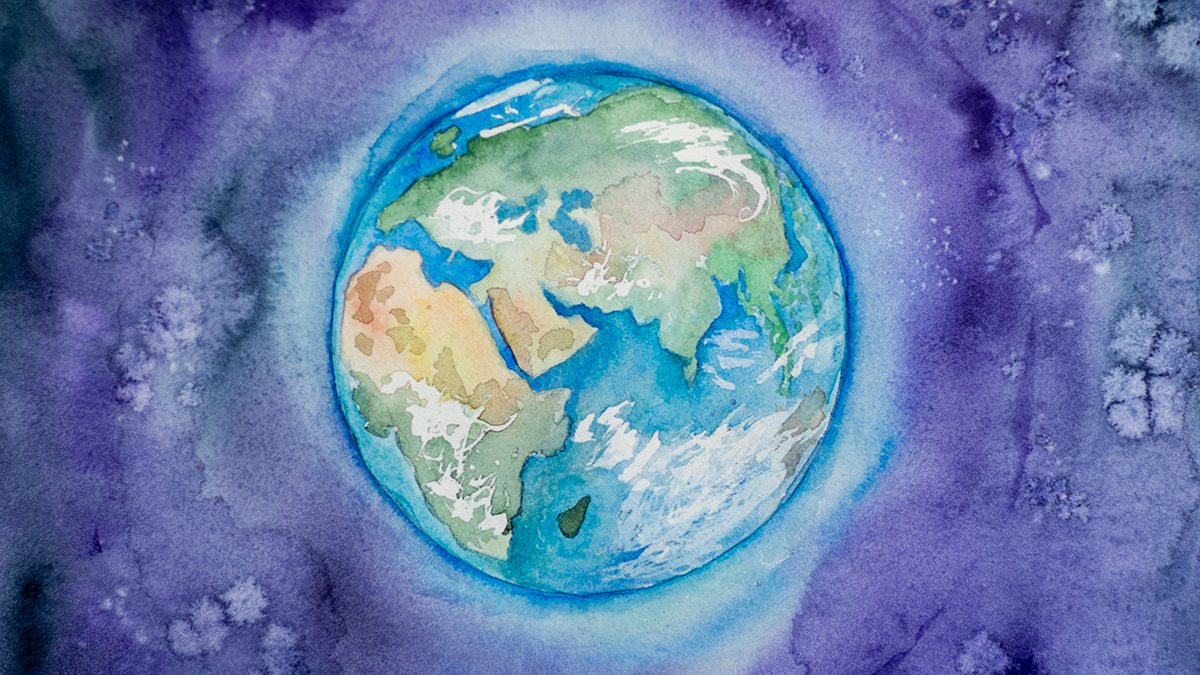The world is facing a triple planetary crisis. Climate change, chemical pollution and loss of biodiversity are three separate but also highly interlinked issues. Chemical pollution plays a huge role in affecting the others and need to be dealt with in order to save the planet. A challenging task, but there are measures that should be taken as soon as possible.
We’ve now entered the last week of COP27 in Egypt. A term that has been floating around both now and before the world leaders gathered last week is “triple planetary crisis”.
The triple planetary crisis refers to the three main interlinked crises that humanity currently faces — climate change, pollution and biodiversity loss. These issues are inseparable since they affect each other to such a large extent. To solve one, all of them must be addressed.
Chemicals play a huge role in the triple planetary crisis. The chemical sector is, for example, the third largest industrial consumer of fossil fuels. Oil and natural gas account for 99% of the feedstock for chemical production.
This means that the chemical industry is one of the top carbon dioxide emitters and drivers of climate change. It is also the most energy-intensive production sector in the world.
Chemical production and pollution are also a big threat to biodiversity. About
70% of all chemicals that are being produced today are hazardous to human health or the environment. The number of insect species have decreased by 10% per decade since the 60’s due to pesticides and 20-25% of wild bird populations have gone extinct due to persistent organic pollutants (POPs).
“The more we reduce the production and use of harmful chemicals, the more we ease the burden on climate and biodiversity”
Endocrine-disrupting substances and PFAS are also known to have a negative impact on species survival.
Chemical pollution, together with an ever more rapidly changing climate, are driving the mass extinction of our planet’s species. Biodiversity is key to the planet´s resilience to climate changes and pressure from chemical pollution. Many species are crucial in both stabilising the climate and degrading pollutants. And if these species should disappear, Earth’s entire ecological system would be even more destabilised.
The triple planetary crisis calls for urgent action. When it comes to chemicals, the more we reduce the production and use of harmful chemicals — the more we ease the burden on climate and biodiversity.
Although there is a lot that needs to be done to reduce chemical pollution, we’ve singled out three critical things that need to be done.
1. Put a cap on production
We need to put a limit on the volumes and numbers of chemicals being produced. There is no sign that chemical production will decrease in the foreseeable future. Quite the opposite. Production of chemicals is set to triple by 2050. But already now it has been concluded that chemical production have exceeded the planetary boundaries.The high production rate and the sheer number of new chemicals coming out on the market are two of the underlying reasons for this.
We need a system change where we carefully select which materials and chemicals are really needed. This is sometimes referred to as chemical simplification. With fewer man-made chemicals and materials in the world, we also have a chance to increase the number of materials that can be recycled safely and with greater efficiency.
2. Change to safer chemicals
Today, the majority of chemicals are harmful — either to human health or the environment. This has to change. Shifting to safer chemicals is fundamental in order to reduce the loss of biodiversity as well as the many human health issues that are linked to the production and use of hazardous substances.
Many of the chemicals on the market today were developed between the 1940s and 1960s with cost and performance in focus. Not safety. These need to be replaced with new substances that are safe by design. When this happens circular economy can really take off and we can increase recycling to the degree that we are able to limit the production of new materials.
3. Decrease dependence on fossil resources
The use of fossil resources contributes significantly to global warming and the climate crisis. For decades it has been evident that we cannot be dependent on non-renewable resources in the future. To be able to meet the goals of the Paris Agreement, the lion’s share of the gas and oil reserves need to stay unexploited.
But in the chemical industry, no change can be seen. The chemical industry is locked into a system dependent on fossil resources. The massive infrastructure already in place to produce chemicals from oil and the heavy reliance on this fossil feedstock make the chemicals sector reluctant to move away from it.
These are just three critical measures that we need to take to combat the triple planetary crisis that we found ourselves in. In reality, much more are needed.





